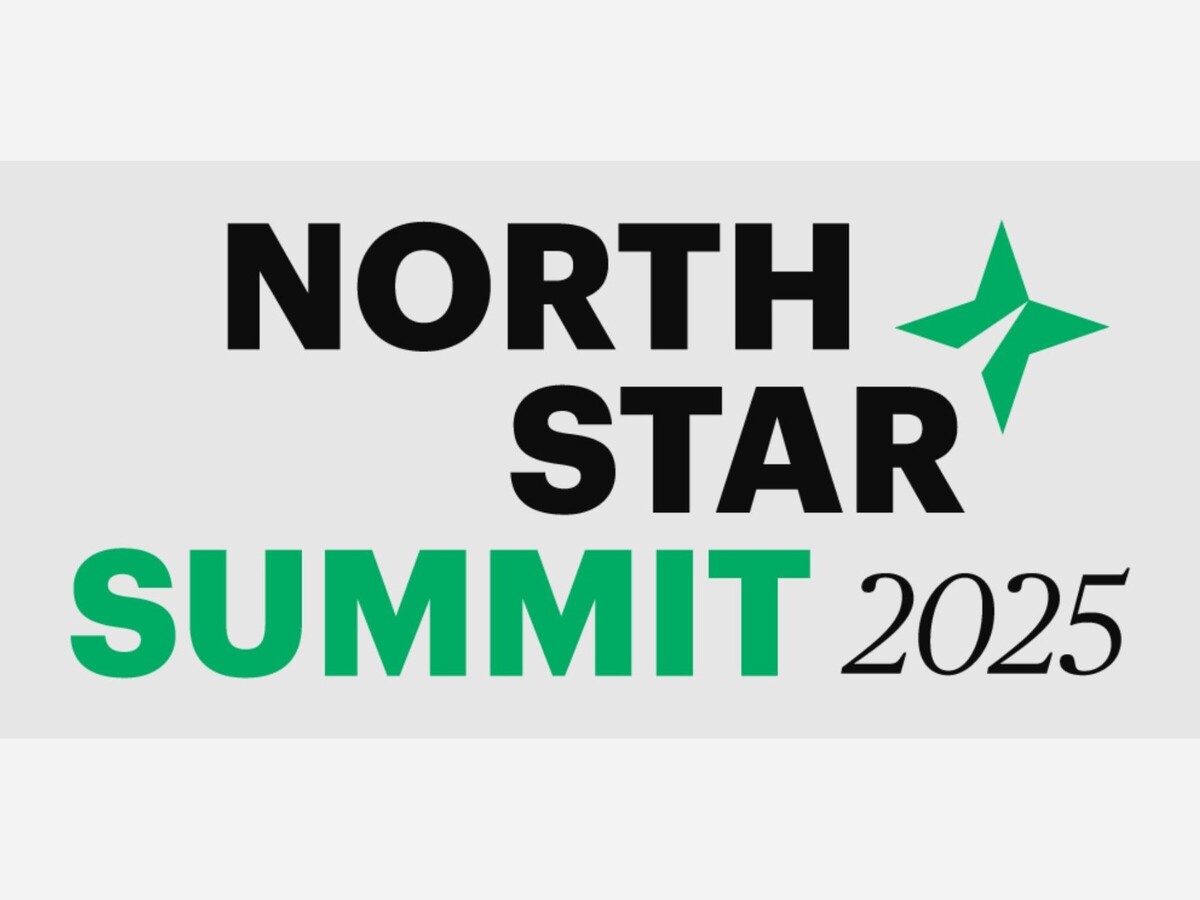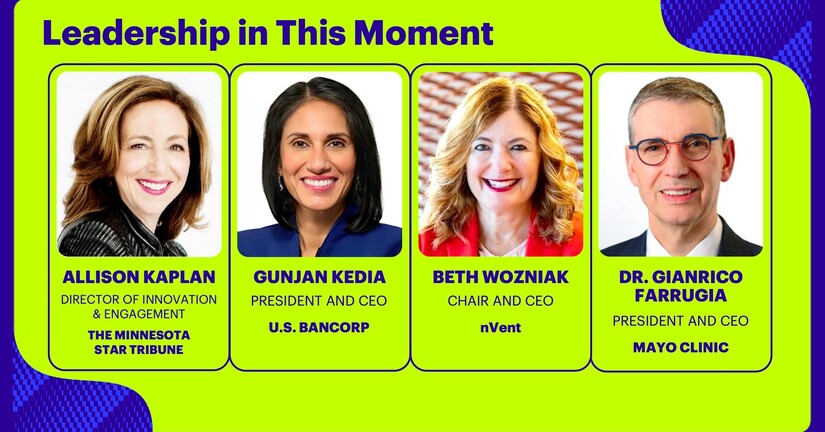Image


MINNEAPOLIS — The Star Tribune’s inaugural North Star Summit drew three of Minnesota’s most influential business leaders on Tuesday, October 7, 2025, for a candid discussion on artificial intelligence, leadership, and the Midwest’s role in shaping the future of innovation.

At the Walker Art Center, Gianrico Farrugia, CEO of Mayo Clinic; Gunjan Kedia, CEO of U.S. Bancorp; and Beth Wozniak, CEO of nVent Electric, shared how AI is transforming their industries — from hospitals and financial systems to data centers — while stressing that leadership and human values remain central to the technology’s promise.
“A doctor plus AI is better than a doctor, and there is good proof for that,” said Farrugia, underscoring Mayo’s belief that technology should enhance, not replace, human expertise.
Mayo Clinic: Accelerating Precision Medicine Through AI
Mayo Clinic is investing heavily in artificial intelligence to improve patient outcomes and accelerate medical research. Earlier this year, the organization unveiled a DGX SuperPOD system built on NVIDIA’s Blackwell architecture, a high-performance computing platform supporting AI models in digital pathology, drug discovery, and precision medicine.
One such model, Atlas, developed with the biomedical AI company Aignostics, is trained on more than 1.2 million pathology slides to help physicians improve diagnostic speed and accuracy.
Mayo’s new Platform_Orchestrate program also opens its deidentified clinical data to external researchers and biopharma partners, enabling faster validation and deployment of AI models within a trusted clinical ecosystem.
Inside Mayo hospitals, AI is already embedded in stethoscopes, patient monitoring systems, and workflow tools. Farrugia said that more than half of nurses using these systems report greater job satisfaction and time for direct patient care.
Still, Farrugia cautioned that innovation must be coupled with fairness and inclusion. “We want to make sure digital transformation benefits everyone,” he said, urging national collaboration to avoid a widening “digital divide” in health care.
For Gunjan Kedia, AI is redefining how U.S. Bank serves customers, detects fraud, and markets its services.
The bank’s Smart Assistant, integrated into its mobile app and website, uses natural-language processing to answer customer questions and execute routine transactions.
In marketing, U.S. Bank recently partnered with Supernatural AI to create digital “avatars” of target audiences, accelerating creative testing for its Power of Us campaign — cutting the development cycle from months to weeks.
Behind the scenes, machine learning algorithms analyze transaction data to identify fraud patterns in real time, while treasury management tools use AI to provide tailored financial insights for corporate clients.
During the North Star Summit, Kedia reflected on the social impact of automation. “There’s anxiety about what AI means for jobs,” she said, comparing the moment to the introduction of ATMs decades ago. “But as we saw then, new technology often creates new opportunities rather than just replacing roles.”
Her leadership philosophy emphasizes transparency, workforce training, and ethical oversight to ensure AI strengthens — rather than displaces — human relationships in banking.
For Beth Wozniak, whose company nVent Electric designs electrical and data-center systems, AI represents both a tool and a market opportunity.
Internally, nVent engineers are using AI to boost cybersecurity, write code, and assist marketing teams in product storytelling. But the company’s bigger play is in providing AI-ready infrastructure — specifically, liquid-cooling and power-distribution systems for data centers.
In 2024, nVent announced a collaboration with NVIDIA to develop liquid-cooling solutions that can support high-performance AI computing environments, reducing energy waste and maintaining thermal stability.
As global demand for compute power soars, Wozniak said nVent’s products are increasingly vital to enabling the safe and efficient scaling of AI systems. “We see ourselves as both participants and enablers of the AI revolution,” she said.
Across sectors, the three CEOs agreed that AI’s success depends on leadership that values ethics, transparency, and people development as much as technological speed.
They also addressed a shared challenge: recruiting skilled talent in the Midwest. While acknowledging competition with coastal tech hubs, they said Minnesota’s combination of industrial strength, academic excellence, and collaborative culture offers an edge in applying technology at scale.
“AI is only as good as the people guiding it,” Wozniak said. “The goal isn’t to replace people — it’s to empower them.”
The North Star Summit, produced by the Star Tribune, debuted in 2025 as a day-long business and innovation conference at the Walker Art Center. The event convened corporate, civic, and cultural leaders for keynotes and panels on technology, sustainability, and leadership in the Midwest economy.